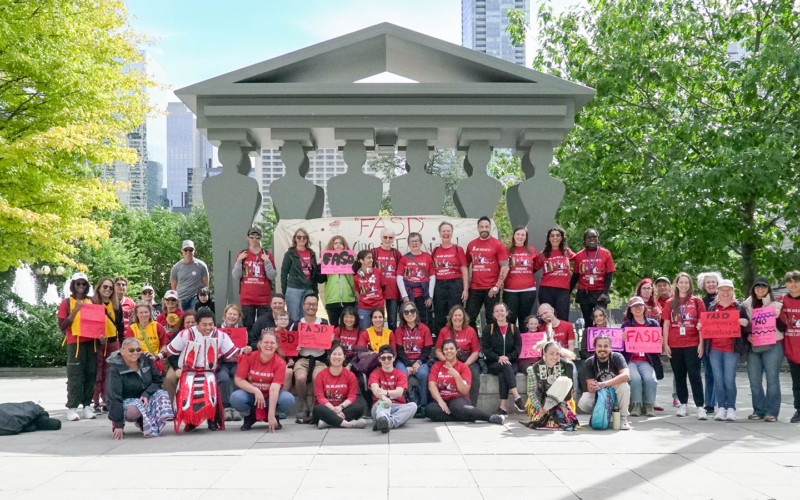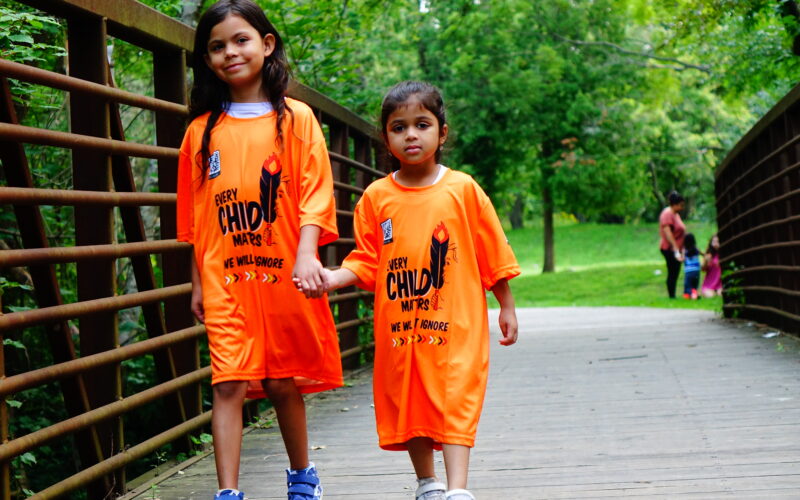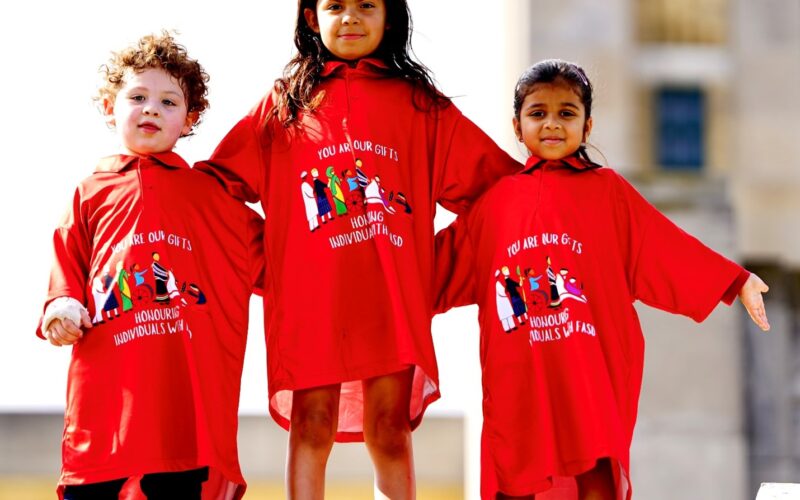To our clients, families, and community:
February marks Black History Month, a time to honour the social, political, and economic achievements and other valuable contributions of Black Canadians. At Surrey Place, it is also important that we recognize the lived experiences of self-identified Black clients, staff and caregivers accessing and providing services within the developmental services sector.
Since sharing our Anti-Black Racism Statement last year, we have taken steps to better support the Black staff, clients, caregivers, and community we serve. Here at Surrey Place, we are determined to drive positive change, and that starts from within our organization.
We have embarked on an Equity, Diversity, and Inclusion (EDI) initiative at Surrey Place and have been working with external consultants from Barnes Management Group on our action plan. We have involved staff to understand their valuable experiences and insights and how we function with respect to EDI to support the advancement of EDI at Surrey Place. This process will help guide us and ensure we continue to be a vibrant and dedicated agency that serves our diverse and multi-cultural communities.
Our Anti-Racism: Black Cultural Awareness Consulting and Training Group has been instrumental in providing direction and feedback to Surrey Place on best practices for developing anti-racism work at all levels. After self-mobilizing in the summer and establishing Terms of Reference, the group has done a tremendous amount of ongoing work to provide education, resources, and training in addressing the systemic racism experienced by the Black community in Toronto, including the staff, students, and clients of Surrey Place.
We are on this journey to recognize and support the Black community and will continue to do this important work. We are proud to partner with Black community members and organizations. Recently, we collaborated with Chef Kareema, a local Black chef to fuel everyone with delicious food during one of our COVID-19 vaccination clinics. We will continue to engage with the Black community and local organizations to build these partnerships.
Throughout the month, we will be participating in Black History Month by sharing important resources and events on our social media channels related to the Black experience and anti-Black racism. We each have our own role to play in dismantling racism, and so we hope these resources will empower you in your journey of continuous knowledge growth.
Sincerely,
Terri Hewitt, Ph.D., C.Psych.
Chief Executive Officer


